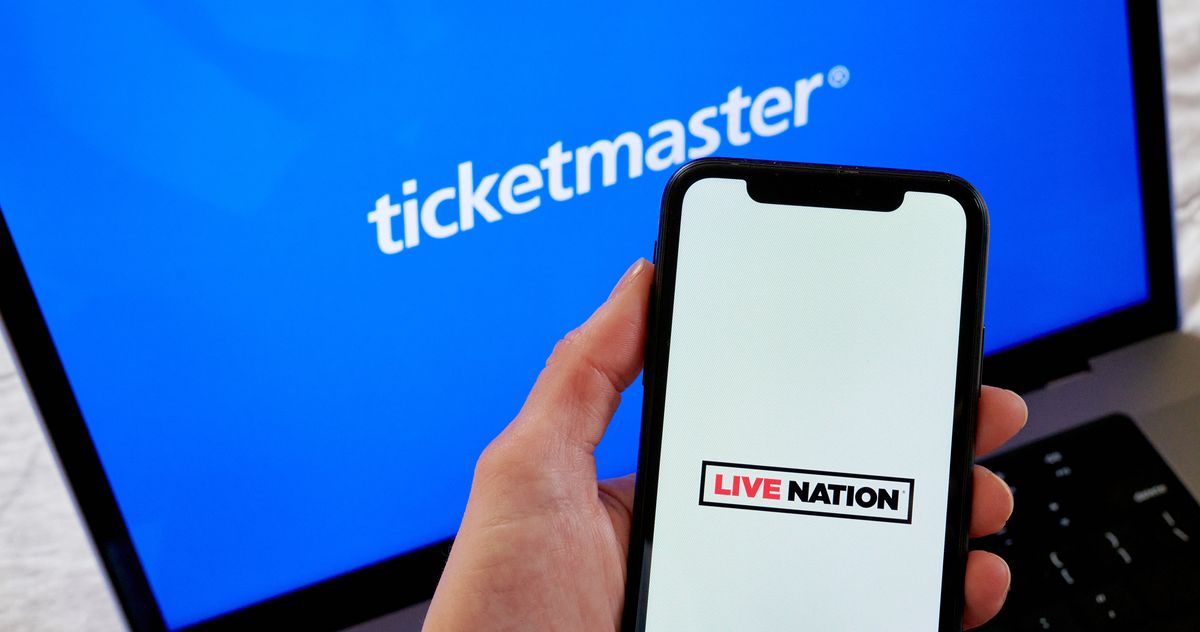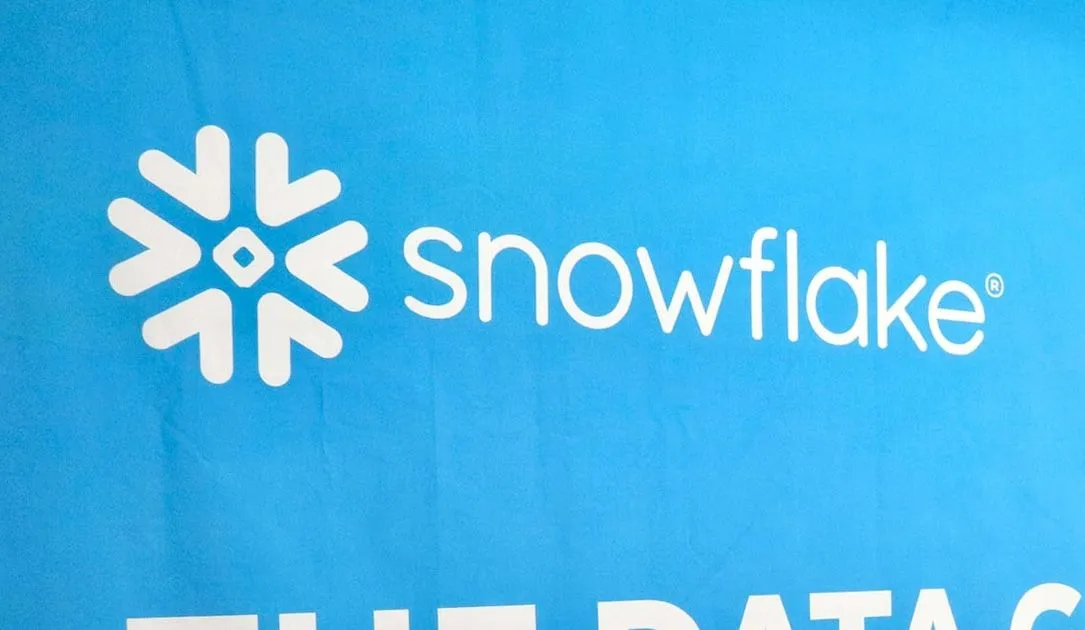
In a series of shocking developments, Ticketmaster and Live Nation have been hit by data breaches that may have affected over 560 million customers. According to multiple reports, hackers gained access to personal information including names, addresses, phone numbers, and partial payment details of Ticketmaster users through a third-party cloud database environment with Snowflake. The ShinyHunters hacking group is believed to be responsible for the breaches and has demanded a ransom payment to prevent selling the data.
Ticketmaster confirmed unauthorized activity within its subsidiary on May 20, 2024, and launched an investigation with industry-leading forensic investigators. On May 27, a criminal threat actor offered the Company user data for sale via the dark web. Live Nation is cooperating with law enforcement and regulatory authorities as appropriate.
Santander Bank also confirmed that certain customer information in Chile, Spain, and Uruguay had been accessed in a separate incident. The bank did not specify whether this was related to the Ticketmaster breach or another attack.
The hackers have reportedly put the data up for sale on the dark web for $500,000. Snowflake observed increased threat activity from a subset of IP addresses and suspicious clients believed to be related to unauthorized access starting mid-April 2024. A demo account belonging to a former employee was accessed but did not contain sensitive information according to Snowflake.
The ShinyHunters group is known for selling stolen data on the dark web, and this incident marks one of their largest breaches yet. The impacted companies include major brands such as AT&T, HP, Instacart, DoorDash, NBCUniversal, and Mastercard. It is essential to note that these allegations are still under investigation.
Live Nation's parent company has been under scrutiny in recent weeks due to a lawsuit filed by the US government and dozens of states alleging that Ticketmaster abused its industry dominance to harm fans nationwide. The breaches add fuel to the controversy surrounding the ticketing giant.


/cdn.vox-cdn.com/uploads/chorus_asset/file/23318436/akrales_220309_4977_0258.jpg)
